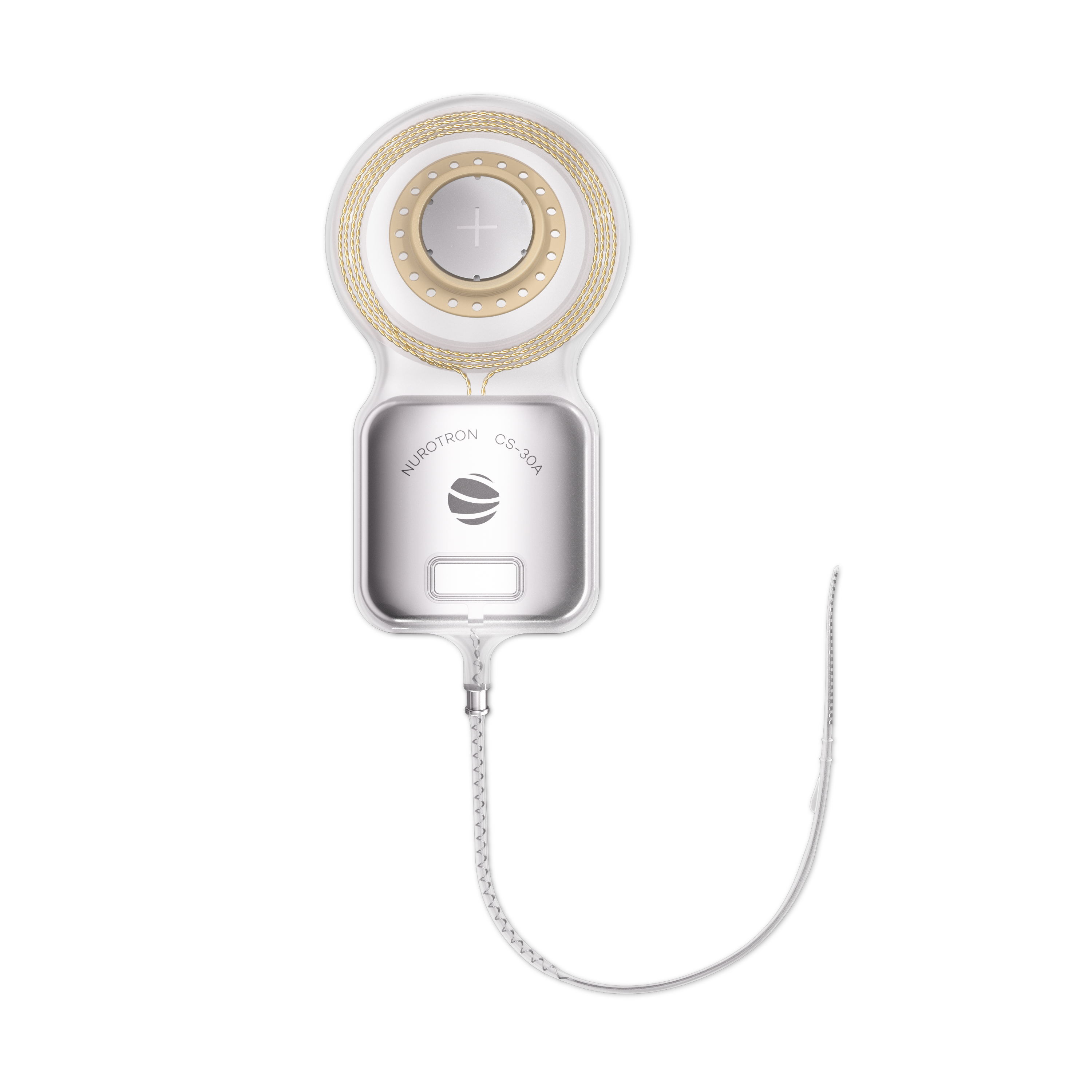The intersection of cochlear implants and magnetic resonance imaging (MRI) presents a complex challenge for both patients and healthcare providers. As advancements in technology continue to evolve, understanding how these two critical components can work together is essential. This article delves into the implications of cochlear implants when undergoing MRI scans, shedding light on safety concerns, technological innovations, and patient outcomes.
Click to find more about cochlear implant and MRI.
Cochlear Implants: Compatibility with MRI
Cochlear implants are sophisticated devices designed to provide a sense of sound to individuals with severe hearing loss. However, their compatibility with MRI procedures has been a topic of concern due to the strong magnetic fields involved in imaging. Traditional cochlear implant systems often contain metal components that could pose risks during an MRI scan, including device malfunction or injury to surrounding tissues. Fortunately, recent developments have led to the creation of MR-compatible cochlear implants that allow patients access to necessary diagnostic imaging without compromising their auditory devices.
Find more about accessories cochlear implant.
Accessories for Cochlear Implants: Enhancing Functionality
The functionality of cochlear implants can be significantly enhanced through various accessories designed specifically for these devices. Accessories such as wireless transmitters and remote microphones improve sound quality by filtering background noise and amplifying speech signals directly from the source. Additionally, protective covers are available that help shield the implant during activities like swimming or showering while ensuring continued performance during everyday use. These enhancements not only improve user experience but also contribute positively towards maintaining optimal hearing capabilities.
Nurotron: Pioneering Innovations in Cochlear Technology
Nurotron is at the forefront of developing advanced solutions for those requiring auditory assistance through cochlear implantation. Their innovative products focus on enhancing sound processing algorithms which lead to clearer audio experiences tailored for individual users’ needs. Nurotron‘s commitment extends beyond just product development; they actively engage in research aimed at improving long-term outcomes for recipients by integrating feedback from users into future designs. By prioritizing both technology advancement and user satisfaction, Nurotron sets itself apart as a leader within this specialized field.
Conclusion: Navigating Cochlear Implants and MRI Safely
 <pin accessory="" advancements="" aids’="" alongside="" and="" available="" between="" but="" can="" careful="" choosing="" cochlear="" coexist="" compatibility="" conclusion,="" consideration="" effective="" effectively="" enhancing="" fear="" functionality—both="" healthcare="" hearing="" imaging="" implants="" improved="" innovations.="" like="" longer="" medical="" modern="" mri="" navigating="" need="" no="" now="" nurotron’s="" offers="" ongoing="" options="" overall="" p="" patients="" performance,="" possibilities="" practices.
<pin accessory="" advancements="" aids’="" alongside="" and="" available="" between="" but="" can="" careful="" choosing="" cochlear="" coexist="" compatibility="" conclusion,="" consideration="" effective="" effectively="" enhancing="" fear="" functionality—both="" healthcare="" hearing="" imaging="" implants="" improved="" innovations.="" like="" longer="" medical="" modern="" mri="" navigating="" need="" no="" now="" nurotron’s="" offers="" ongoing="" options="" overall="" p="" patients="" performance,="" possibilities="" practices.
